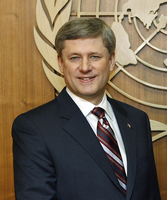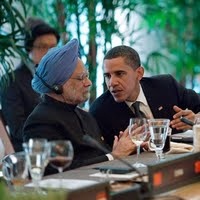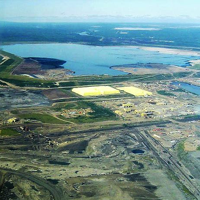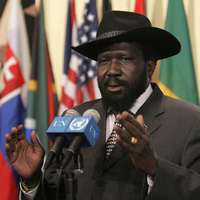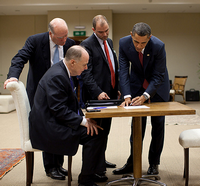
Where is the positive vision for U.S. foreign policy in this election? President Barack Obama and on-again, off-again “presumptive” GOP nominee Mitt Romney now duel over who is more anti-declinist when it comes to America’s power trajectory, with both slyly attaching their candidacies to the notion that “the worst” is now behind us. On that score, Obama implicitly tags predecessor George W. Bush, while Romney promises a swift end to all things Obama. Halftime in America? Indeed. But what’s the animating vision, besides rebounding? What course are we setting, besides up? So far, all the candidates’ visions seem negative — […]

